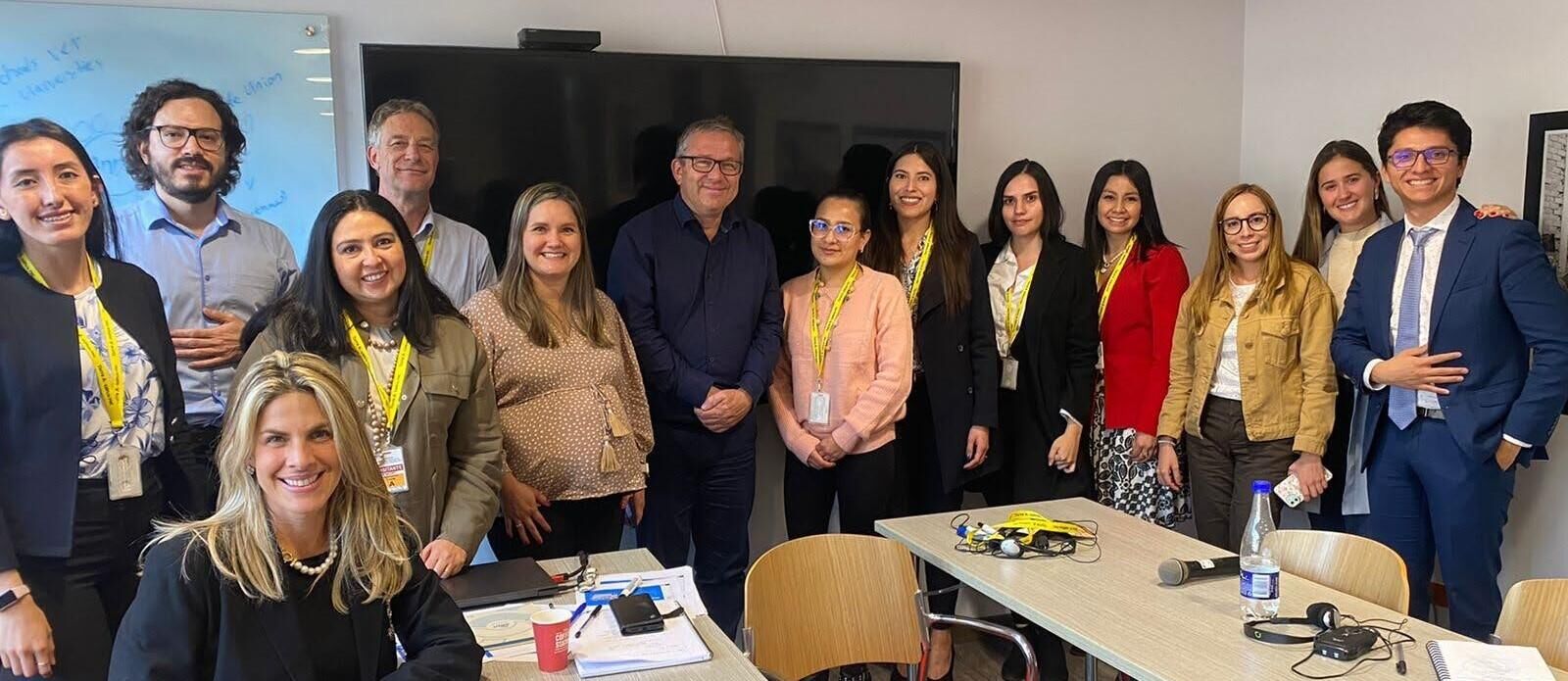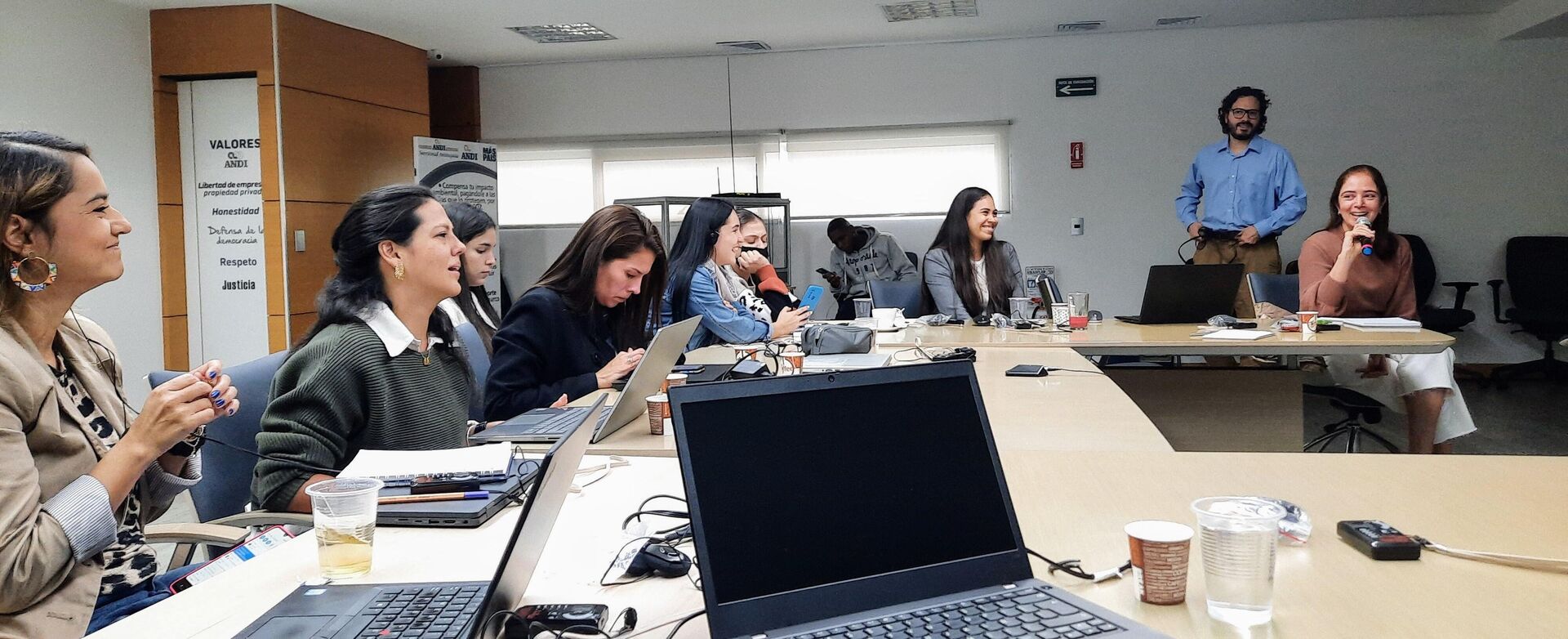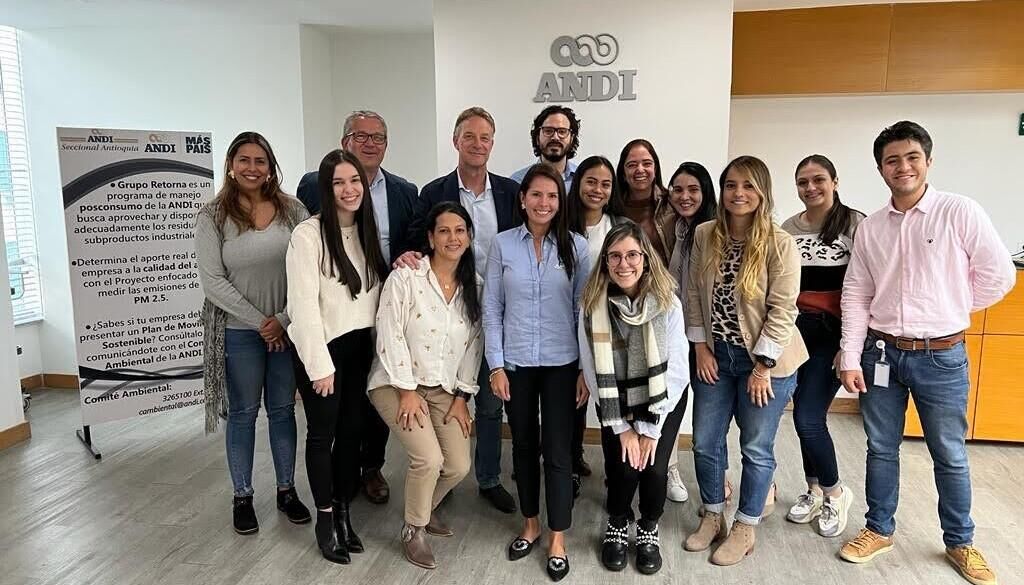

Colombia: Employers receive tools to bridge skills gap
At the end of June, the National Association of Entrepreneurs of Colombia ANDI developed three workshops with employers from the textile, food and digital services sectors, in order to identify their skills gaps in human talent and implement a methodology developed by DECP.
ANDI-DECP held this series of workshops in Medellín and Bogotá, where around 20 companies participated. During the workshops – given by DECP expert Jos van Erp - the participants were able to identify tools that are useful for selecting personnel with the necessary competences, to retain the talent of their present workers and to set up programmes to bridge the gaps.

Serious challenges on the labour market
Promising sectors and individual companies in Colombia must do big efforts to find and recruit new employees that meet their competences’ needs. Employers have to invest in competence development of both new entrants and those who are already active in the labour market. Nevertheless, in Colombia retaining existing employees is also a serious challenge.
The workshops provided not only the participating employers but also ANDI as an employers’ organisation with a set of tools that is helpful in taking control of these challenges. Participants got acquainted with new holistic insights and they benefitted from the fact that they could exchange information and ideas with other companies. Furthermore, they experienced ANDI as a partner that delivers practical tools and training programmes instead of only strategic meetings and policy making.
Colombian Ministry of Labour
During the workshops, a representative from the Colombian Ministry of Labour was present. The Ministry supports ANDI in the development of skills training projects; they represent the role of the Government in job trainings and promote the development of the National Qualification System.
Competence development is a DECP expertise
Competence development is a field of expertise that is available at DECP and through the years various programmes in emerging countries in Africa and Asia were initiated. Last year, this topic has become more and more important in Peru, Bolivia and Colombia. Employers’ organisations play a key role in promoting and expanding this development process. Not only do they provide concrete support to their members but it could also lead to an increase in members.
